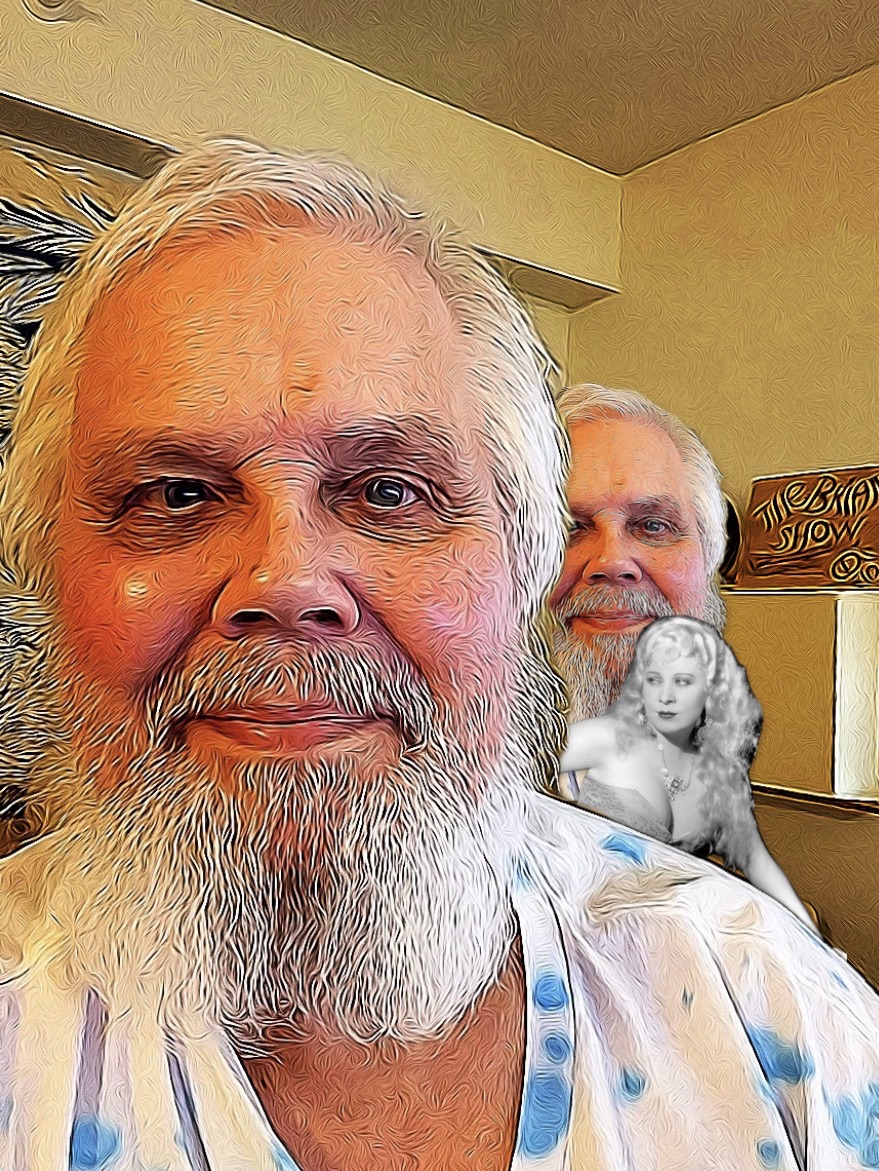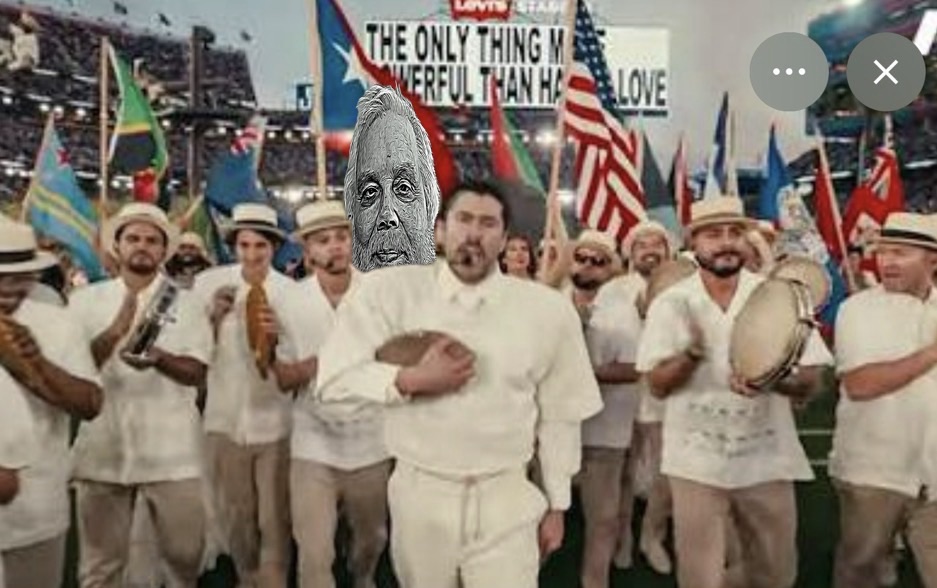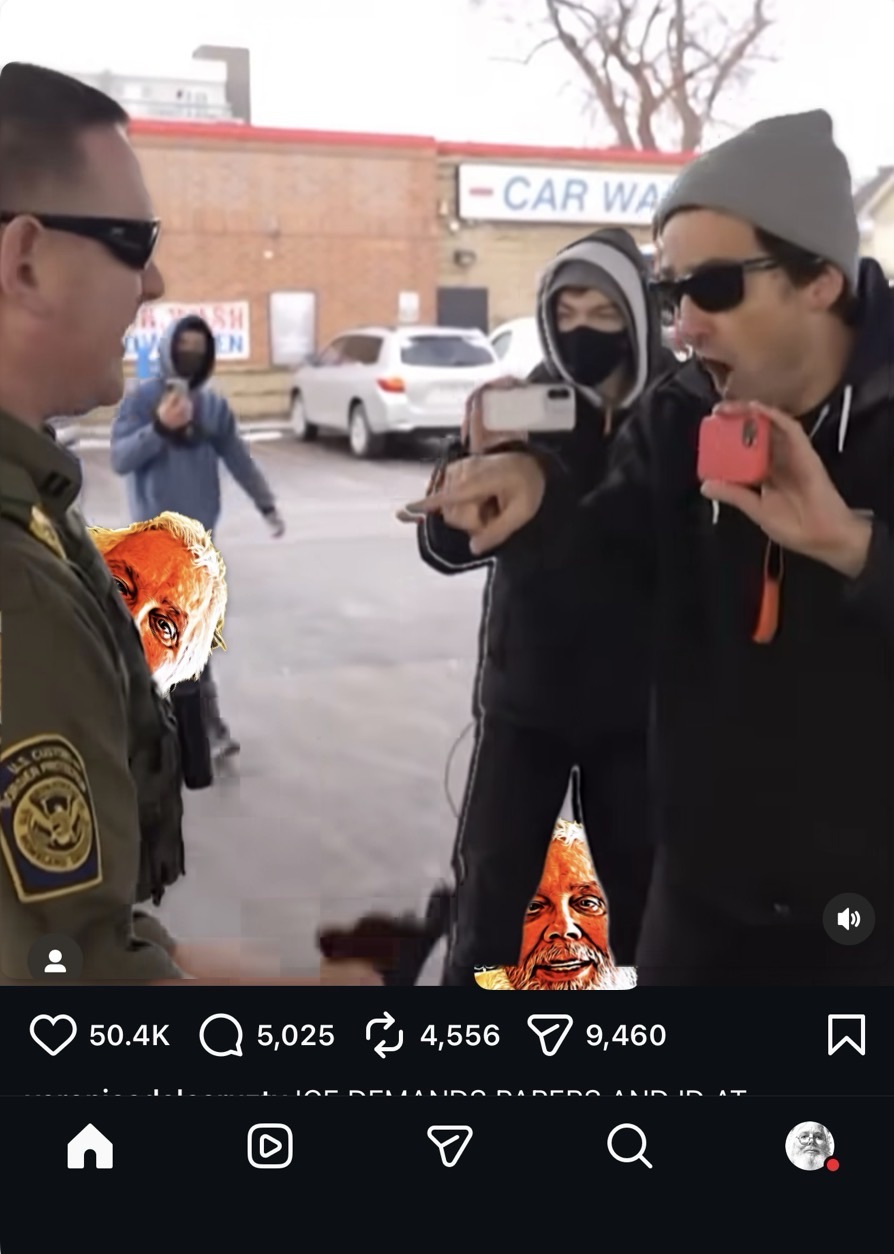We now continue from Monday’s post…
——
“I’ll try my best to be succinct but there’s a lot of ground to cover if you want a comprehensive accounting of my vision regarding human potential. And I’m going to need to start with a synopsis about how far we’ve come, so please bear with me here.” (heh… bare with me?)
“Sure thing, we’re all ears… please continue.”
“Thanks… so when you said earlier that YOU were the ones being “other-ed”, I could see that you got a bit caught up in the discomfort of your own paradox-awareness. This is a good thing. This is part of the kind of self-examination that I believe drives (at least in part) the self-directed evolutionary process our species has developed.
This process will help us to come to a place (and/or at least lay the foundations of that place) from which we may just be able to step into the new paradigm I envision is required to keep us moving towards the potential I’m hoping for. One that will keep us recognizably human.
This isn’t only my vision of course, I just have my own take on it like anyone else.
So… when we recognize our discomfort in using our diversity as a weapon (no matter who does this) I believe we are tapping into a deep awareness of our common ancestry. Our fundamental connectedness. There was a great TED talk by population geneticist and director of the Genographic Project from National Geographic, Spenser Wells, in which he demonstrates just how interrelated we all are as a species.
Wells speaks of a time (around 60,000 years ago) when all of humanity was reduced to a population of less than 2,000 individuals. How something happened to allow us to develop the kind of complex thinking, language, tool-making etc… we needed to survive the extinction-level environmental conditions we were all facing. So we had to work together like never before.
It was only from this place, that we could then branch out into the rest of the world, and become the amazingly diverse creatures we are today.
So let’s think about how far we’ve come in such a short time. Sixty thousand years is really just a blip from an evolutionary perspective and for most of that time, we’ve devoted our energies on simple, physical survival.
We knew instinctively that our continued existence depended on working together. Our bonds were incredibly strong. However, as our numbers increased, the many, many groups of us… all these closely related relatives in this growing human family, began to explore farther and farther into ever-increasingly diverse environments.
Adapting as we went, and as these environments continued to change (the Earth was just recovering from another great cataclysm that had again threatened all life on the planet) these groups of interrelated early humans began to look and behave very differently from each other.
And wherever we went, we needed to continue to adapt to where we were, and we needed to be wary of anything that didn’t fit into our understanding of what and who “we” were. Because of this process, it is quite reasonable that we would tend to be highly suspicious and even fearful of any “others” we might encounter.
This is why I see our fear of “the other” as our greatest challenge when even beginning to address the current, modern threats to our survival. Dangers that some say (and I can see why) are as great (or perhaps even greater) than the near-extinction events of the last hundred thousand years or so. They are mostly anthropogenic in origin and thus require far a more self-aware response.
But before I go into my vision of how we might begin to address these issues, I’ll have to expand a bit on the progress we’ve made so far. I’m aware that I’ve been going on a bit here. Do you folks mind if I just continue as I have been? You’re not getting bored yet, are you?”
“Oh no, please do go on.”
Yea, man. It’s all good. Cool with me.”
“Ok, so I think next I’ll try and summarize aspects of the development of human civilizations that are pertinent to this discussion.”
——
To be continued…
m(___)m





